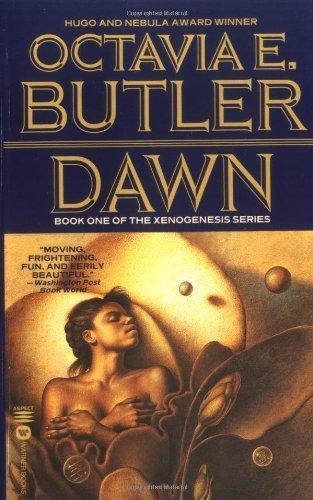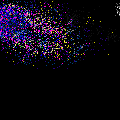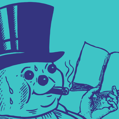Luce reseñó Dawn de Octavia E. Butler (Xenogenesis, #1)
Can't get it out of my head
5 estrellas
Exciting read, one of the books I couldn't put down. It's a very interesting analysis of humans and how they live together, and thoughts about if a kind of "benevolent dictator" would make it better or worse. I feel like the book doesn't come to a conclusion on its own, but let's readers think about it and opens some really interesting questions I hadn't really thought about before. The characters and development are great, and the story is well written and very entertaining besides making me think.
Exciting read, one of the books I couldn't put down. It's a very interesting analysis of humans and how they live together, and thoughts about if a kind of "benevolent dictator" would make it better or worse. I feel like the book doesn't come to a conclusion on its own, but let's readers think about it and opens some really interesting questions I hadn't really thought about before. The characters and development are great, and the story is well written and very entertaining besides making me think.


